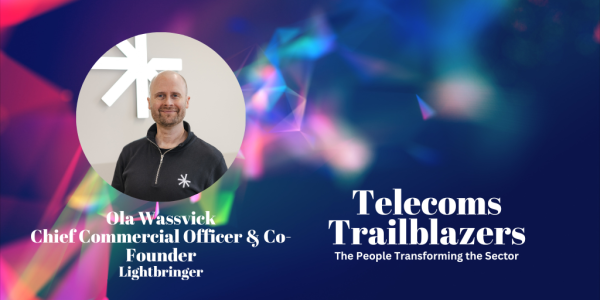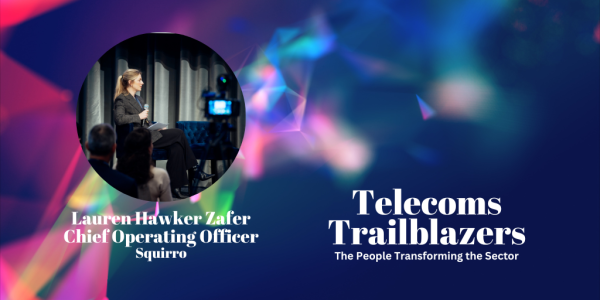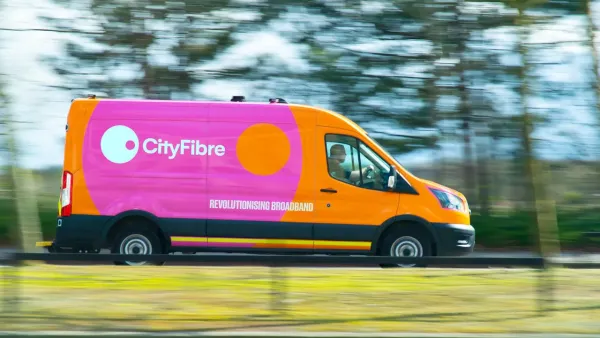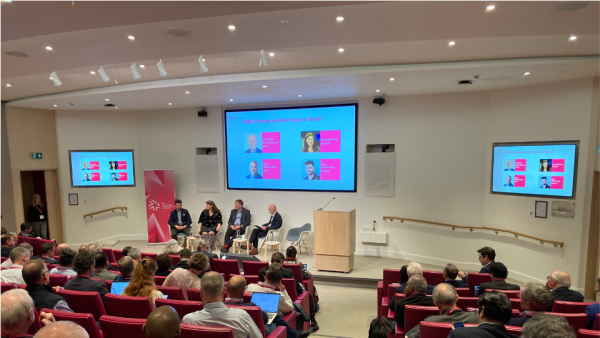
Hello, I’m Emma Philpott, a principal technical consultant at FarrPoint: I work on various connectivity projects involving 4G, 5G, IoT, fixed wireless access and fibre networks aimed at improving digital connectivity across the UK. I also lead and manage our space practice which focuses on leveraging satellite technology to extend digital communications to unserved or underserved areas across the UK.
We work with various clients, including local authorities, operators, the Scottish and Welsh Governments, Canadian Provinces and UK Central Government. This includes working alongside Building Digital UK (BDUK) onProject Gigabit: a £5 billion programme to provide gigabit broadband to 85% of the UK, focusing mainly on areas that will not receive gigabit-capable broadband through suppliers commercial rollout plans. We are performing technical evaluations on the open market reviews, and have also provided technical reviews to support the procurements.
No two consultancy projects are ever the same at FarrPoint. I spend a lot of time examining different technologies and deployment methods and how these can provide connectivity to very-hard-to-reach areas as well as providing advice on telecoms and spectrum regulation and policy . I also spend a great deal of time researching the fixed and mobile telecoms market and keeping track of how the market is shifting including expansion and consolidation.
What do you enjoy most about working in this space?
The variety! I fell into telecoms but I love it. Every project is very different and we work with both private and public sector clients in helping to provide digital connectivity solutions. I believe we are making a huge difference in helping to connect some of the most remote and sparsely populated areas of the UK by being involved in programmes such as the R100, 4G infill (S4GI) and Project Gigabit. I also feel genuinely passionate about introducing more girls and women into STEM careers like telecoms.
What’s the most ridiculous thing you’ve done in the name of work?
I became a consultant in 2004 and enjoyed it very much, but I gave it up to work in Antarctica for two years. Instead of just consulting I found myself actually having to do hands-on work rather than telling others how it should be done. It was terrifying at first having to erect masts, and install antennas and maintain all the communications equipment at a remote research base . But I truly believe having taken that opportunity it has made me a more well rounded consultant. I previously worked with consultants many of whom started their careers on trainee apprenticeship schemes and learnt the telecoms industry from the ground up. I always felt a bit of fraud having fallen into telecoms consultancy and so was encouraged by them to try something different. Plus my line manager at the time told me one of the best pieces of advice I’ve ever been given -which is to have a ‘good story to tell’. So I gave up my career and went to live with the penguins in Antarctica providing the operational communications at Halley research station.
I now appreciate two things. One is how critically important communications are when you live in a remote area of the world and two just how physically demanding a job in telecoms can be when you have to dig a trench in order to deploy fibre or install a satellite solution.
What excites you most about working in telecoms?
The satellite sector for sure. Deploying mobile and fibre networks is expensive meaning the only viable answer for some areas will be satellite. So much has changed over the past 5 years within this market mainly driven by SpaceX and Starlink. For example the price of satellite bandwidth has dropped by 77% in the last five years mainly due to the introduction of Starlink. There’s also far more multi-orbit offerings targeting specific sectors like maritime and transport as well as the expansion of satellite technology into new markets and the creation of new partnerships among satellite operators. The space economy is now becoming much cheaper and accessible making it a really interesting time to see how it evolves - I think I’m most excited to see how Amazon’s Project Kuiper and Telesat’s Lightspeed LEO constellations further disrupt the market once these satellites are launched. The creation of Space42 by Yahsat and AI powered geospatial and mobility solutions is another fascinating development.
What would you like people to know about your work?
How rewarding it is and how lucky I’ve been with my career in that I’ve had the opportunity to work alongside some very talented individuals and my career in telecoms has enabled me to work around the world on projects. From Europe to Africa. Also you don’t necessarily need to have a telecom or engineering degree to pursue a career in this industry. I don’t - there are many exciting and varied paths in this industry to getting where you want to be.
Why is a vibrant, flourishing telecoms ecosystem important for the UK?
People need good fixed and mobile coverage - it is essential for the UK economy; this was highlighted in the pandemic and has been further highlighted by the war in Ukraine, where telecoms infrastructure has been targeted however Starlink terminals are being used to provide critical communications. To me connectivity is just as important as other utilities such as water, gas and electricity and so it’s essential we continue to foster a strong telecoms ecosystem in the UK. I think there’s a lot of focus at the moment on improving fixed and mobile coverage but it's much wider than just the availability metric. We also need to ensure we are developing the necessary skills in our workforce as well as investing in emerging telecoms technologies and ensuring diversification within our supply chain.









